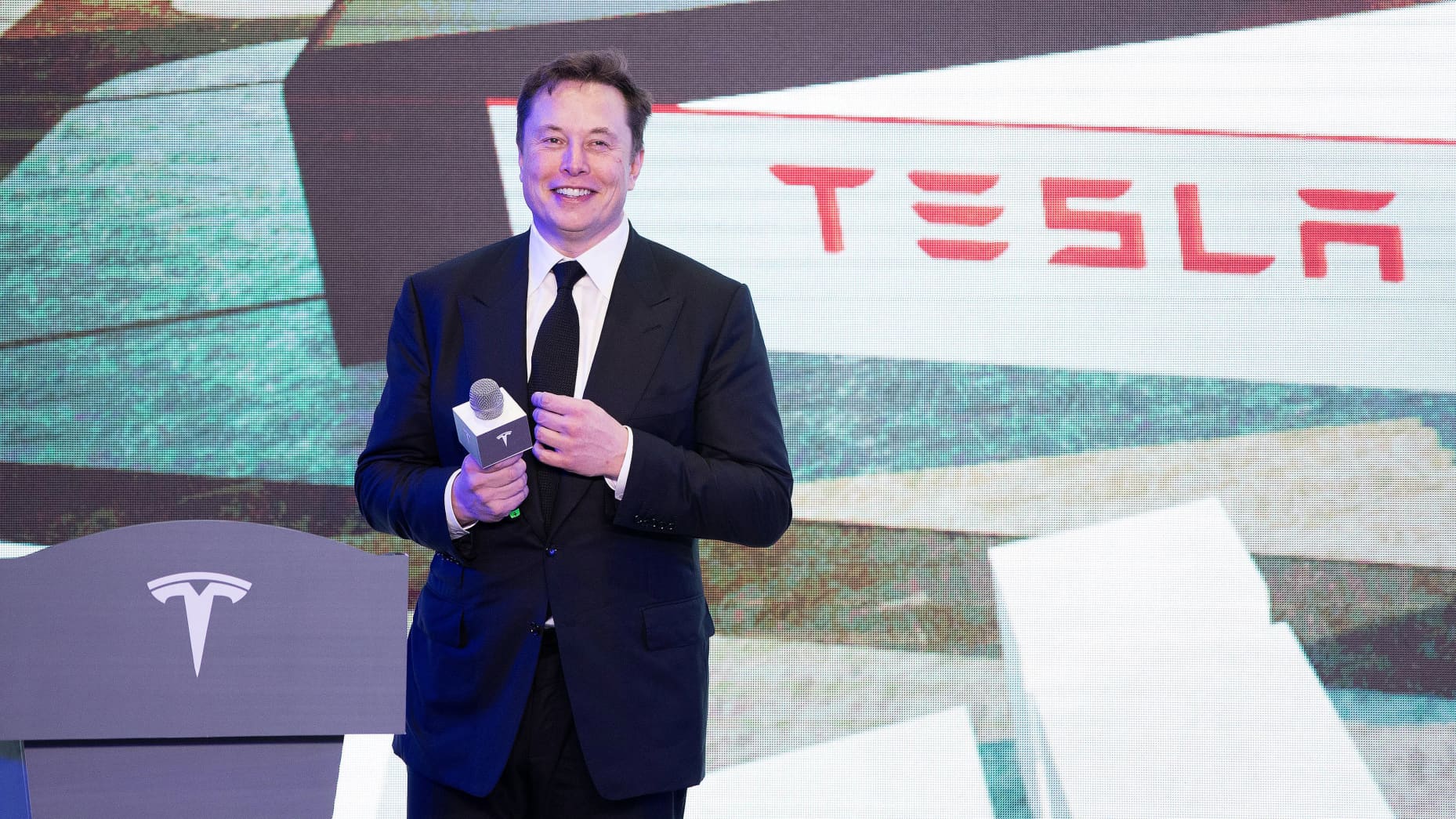Google CEO Sundar Pichai recently made a bold statement, claiming that artificial intelligence (AI) will surpass fire and electricity in its impact on humanity. Speaking at a town hall event in San Francisco, Pichai emphasized the significance of AI, stating,
“AI is one of the most important things humanity is working on. It is more profound than, I dunno, electricity or fire.”
Pichai’s comments align with the growing consensus among tech leaders about AI’s potential. Tesla CEO Elon Musk has warned that AI could be more dangerous than North Korea. At the same time, physicist Stephen Hawking famously cautioned that AI might be the “worst event in the history of our civilization.” Y Combinator President Sam Altman even compared AI to nuclear fission. Yet, even in the company of such opinions, Pichai’s comparison to fire left many astounded.
The Power and Danger of AI
:max_bytes(150000):strip_icc():format(webp)/GettyImages-1493187008-c801ccabd2404391ab3ed017e62eb4c9.jpg)
Kara Swisher, Recode’s executive editor, couldn’t resist responding to Pichai’s comment. “Fire? Fire is pretty good,” she quipped, interrupting the Google CEO.
Pichai, however, doubled down on his analogy. “Well, it kills people, too,” he responded, noting the duality of fire’s destructive and life-saving qualities.
“We have learned to harness fire for the benefits of humanity but we had to overcome its downsides too. So my point is, AI is really important, but we have to be concerned about it.”
Indeed, the rapid advancements in AI technology are accompanied by widespread uncertainty. Pichai acknowledged many fears regarding AI, stressing the need for awareness and understanding.
“it is important to help people understand that they use AI today. AI is just making computers more intelligent and being able to do a wide variety of tasks and we take it for granted whenever something happens and we adopt it.”
Everyday AI Applications
One of AI’s most recognizable contributions today is in language translation and image recognition.
“Google can translate across many many languages and people use it billions of times a day,” Pichai explained.
He added, “Or if you go to Google and search for images of sunset, or if you go to Google Photos and search for images of people hugging, we can actually pull together and show pictures of people hugging. This is all because of AI. There are early stages of AI here and we use it today.”
Despite these familiar applications, the future of AI holds even more promise, according to Pichai. He noted that AI could play a pivotal role in solving some of humanity’s most pressing challenges. “Whenever I see the news of a young person dying of cancer, you realize AI is going to play a role in solving that in the future, so I think we owe it to make progress,” Pichai said.
Preparing for an AI-Driven Future
While Pichai is optimistic about AI’s potential to improve lives, he cautioned that society must remain vigilant. “It is right to be concerned, absolutely, you have to worry about it otherwise you are not going to solve it,” he warned, highlighting the importance of proactively addressing the challenges AI presents, particularly in terms of job displacement.
One significant worry is the potential for robots and AI systems to replace low-skilled labor, a concern echoed by Tesla CEO Elon Musk. “Robots will take your jobs, government will have to pay your wage,” Musk has said.

In response to these concerns, Google has committed $1 billion to job-retraining programs over the next five years, aiming to help workers transition to new roles in the evolving job market. But as YouTube CEO Susan Wojcicki pointed out, tackling this issue requires more than just private-sector involvement. “It can’t be the sole responsibility of the private sector — companies and the government are going to need to work together,” Wojcicki asserted.
Lifelong Learning: The New Norm
The speed of technological innovation means that workers will need to adapt constantly. “We have to recognize where we do live, in this time where there is really dramatic change from a technology standpoint and the innovations that we have, but that doesn’t mean those innovations are going to stop,” Wojcicki said.
Pichai echoed her sentiments, emphasizing the need for continuous learning in the modern world. “We know that 20 to 30 years ago, you educated yourself and that carried you through for the rest of your life. That is not going to be true for the generation which is being born now,” Pichai noted.
“They have to learn continuously over their lives. We know that. So we have to transform how we do education.”
AI’s influence will shape the future for generations, whether society is ready or not. As Pichai stated,
“It is important to understand that tomorrow, whether Google is there or not, artificial intelligence is going to progress. Technology has this nature. It is going to evolve.”



